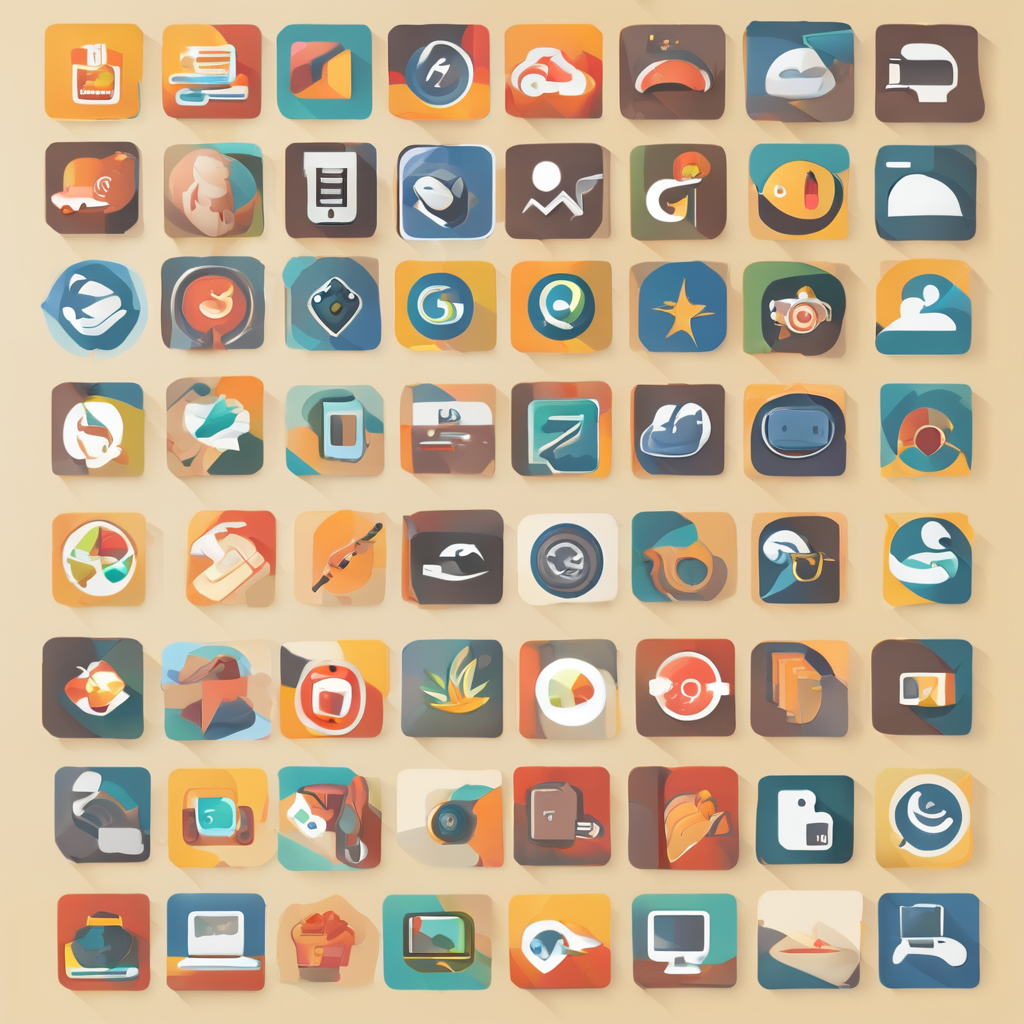Emerging Technologies Transforming the UK’s Health Sector
The UK healthcare innovations landscape is rapidly evolving, driven primarily by advances in digital health technology and AI in healthcare UK. Artificial intelligence and machine learning now play crucial roles in diagnostics and treatment planning. For example, AI algorithms can analyze medical images with high accuracy, enabling earlier disease detection and personalized treatment paths. This precision greatly improves patient outcomes and streamlines clinical workflows.
Telemedicine has also seen substantial growth. Remote patient monitoring tools allow clinicians to track health metrics such as heart rate and glucose levels in real time, reducing hospital visits and empowering patients to manage their health at home. The integration of wearable health technologies complements this by continuously collecting valuable data, feeding into AI systems that identify potential health issues before symptoms appear.
Have you seen this : What are the UK’s plans for reducing healthcare waiting times?
These technologies collectively enhance accessibility and efficiency within the NHS and private sectors. They also present challenges around data management and clinical integration that require ongoing attention. However, the momentum behind these innovations highlights a significant shift toward a more responsive, technology-enabled healthcare system in the UK.
Emerging Technologies Transforming the UK’s Health Sector
The UK is witnessing remarkable advances in digital health technology, which profoundly enhance diagnostic accuracy and patient care. Key among these are AI-driven tools that analyze complex medical data, such as imaging scans or genomic information, to identify diseases earlier and guide targeted therapies. For instance, machine learning models can detect subtle patterns indicative of conditions like cancer or cardiovascular illness, often missed by traditional methods.
This might interest you : What Factors Are Influencing the UK Health Sector Today?
Telemedicine platforms have expanded rapidly, allowing patients in remote or underserved areas to consult specialists without traveling. Remote patient monitoring devices complement this by capturing vital signs continuously, enabling clinicians to intervene swiftly when abnormalities arise. These tools exemplify the seamless fusion of AI in healthcare UK with wearable technologies, facilitating a dynamic flow of health data that supports personalized medicine.
This integration not only streamlines clinical workflows but also empowers patients to engage actively with their health. UK healthcare innovations in these domains promise a future where care is more accessible, precise, and efficient—shaping a responsive ecosystem that adapts to individual needs through advanced technology.
Regulatory and Policy Changes Shaping Future Healthcare
Regulatory shifts and NHS policy updates are pivotal for the ongoing evolution of UK healthcare innovations. Upcoming reforms aim to improve service delivery by promoting interoperability among health systems and encouraging the adoption of advanced digital health technology. These policies foster an environment where AI in healthcare UK can thrive, enabling smoother data sharing while ensuring patient safety.
Data privacy regulations are tightening, impacting health tech companies by mandating stricter compliance on managing patient information. The UK’s healthcare compliance requirements now emphasize robust cybersecurity measures and transparent data handling to maintain public trust. This legal framework guides developers and providers in deploying AI tools responsibly, balancing innovation with confidentiality.
Government initiatives also support health innovation through funding and collaborative programs involving NHS bodies and private sectors. These efforts encourage the integration of cutting-edge technologies, driving forward the modernization of healthcare infrastructure. Understanding these NHS policy updates and regulatory landscapes is essential for stakeholders aiming to navigate the future of health tech successfully.
Emerging Technologies Transforming the UK’s Health Sector
AI in healthcare UK significantly enhances diagnostic and treatment precision. Machine learning models analyze complex data sets—such as imaging scans and genetic profiles—to detect diseases early and tailor therapies individually. For example, AI algorithms identify subtle markers in radiology images that human eyes might overlook, improving outcomes by facilitating early interventions.
Telemedicine is expanding rapidly, supported by remote patient monitoring tools that track vital signs like blood pressure and blood glucose continuously. This allows clinicians to intervene promptly when irregularities emerge, reducing hospital admissions. Patients benefit from increased convenience and active involvement in their care through these technologies.
The integration of wearable health technologies further enriches data collection by providing real-time monitoring. Devices such as smartwatches and biosensors feed continuous information into healthcare systems, enabling dynamic health management. Together, these UK healthcare innovations create a responsive model that enhances both accessibility and personalized care while streamlining clinical workflows through digital health technology.
Emerging Technologies Transforming the UK’s Health Sector
The adoption of AI in healthcare UK is revolutionizing diagnostics and treatment by enabling detailed analysis of complex medical data. Machine learning models scrutinize imaging scans and genetic information to detect diseases like cancer at earlier stages than traditional methods. This precision supports personalized treatment plans that can significantly improve patient outcomes.
Telemedicine has expanded beyond simple consultations. Remote patient monitoring tools allow continuous tracking of vital signs such as blood pressure and glucose levels, facilitating timely clinical interventions. These devices reduce unnecessary hospital visits, freeing up NHS resources and making healthcare more accessible.
Wearable health technologies play a vital role by collecting real-time physiological data, which feeds into AI systems for proactive health management. For example, smartwatches and biosensors transmit continuous streams of information used to identify early warning signs or track chronic conditions dynamically. Together, these UK healthcare innovations foster a more interconnected, data-driven health ecosystem, enhancing both patient care and clinical efficiency through advanced digital health technology.
Emerging Technologies Transforming the UK’s Health Sector
Emerging AI in healthcare UK applications are redefining diagnostics and treatment. Machine learning models analyze vast datasets from imaging and genetic profiles, pinpointing subtle patterns invisible to human clinicians. This enhances early disease detection and enables personalized medicine UK, improving patient outcomes significantly.
Telemedicine has expanded dramatically, leveraging remote patient monitoring tools. These devices continuously track vital signs such as heart rate and blood glucose levels. Clinicians receive real-time alerts for abnormalities, allowing timely interventions that reduce hospital admissions. This evolution exemplifies the power of digital health technology in decentralizing care and enhancing healthcare accessibility UK.
Wearable health technologies integrate seamlessly with these systems by collecting continuous physiological data. Smartwatches and biosensors feed AI platforms enabling dynamic health management. Such integrations foster a proactive healthcare model where data-driven decisions enhance both patient engagement and clinical efficiency. Together, these UK healthcare innovations establish a connected, responsive ecosystem, reflecting a significant shift toward technology-enabled care delivery.
Emerging Technologies Transforming the UK’s Health Sector
The surge in AI in healthcare UK has led to transformative advances in diagnostics and treatment precision. Machine learning algorithms process vast datasets—including imaging scans and patient genetic profiles—to detect diseases earlier and customize therapies effectively. These advanced analyses surpass traditional diagnostic limits by identifying subtle markers invisible to clinicians, markedly improving patient outcomes.
Telemedicine is also expanding its role, integrating remote patient monitoring tools that continuously track vital signs like heart rate, blood pressure, and glucose levels. Real-time data enables clinicians to respond swiftly to health changes, reducing unnecessary hospital admissions and enhancing healthcare accessibility UK.
Wearable health technologies complement these efforts by feeding continuous physiological data into AI systems. Devices such as smartwatches and biosensors provide dynamic, real-time insights, facilitating proactive health management. This seamless integration between digital health technology and AI delivers a more connected and responsive healthcare ecosystem, empowering patients and streamlining clinical workflows. Together, these UK healthcare innovations represent a significant shift toward precision and personalised care supported by cutting-edge technology.






